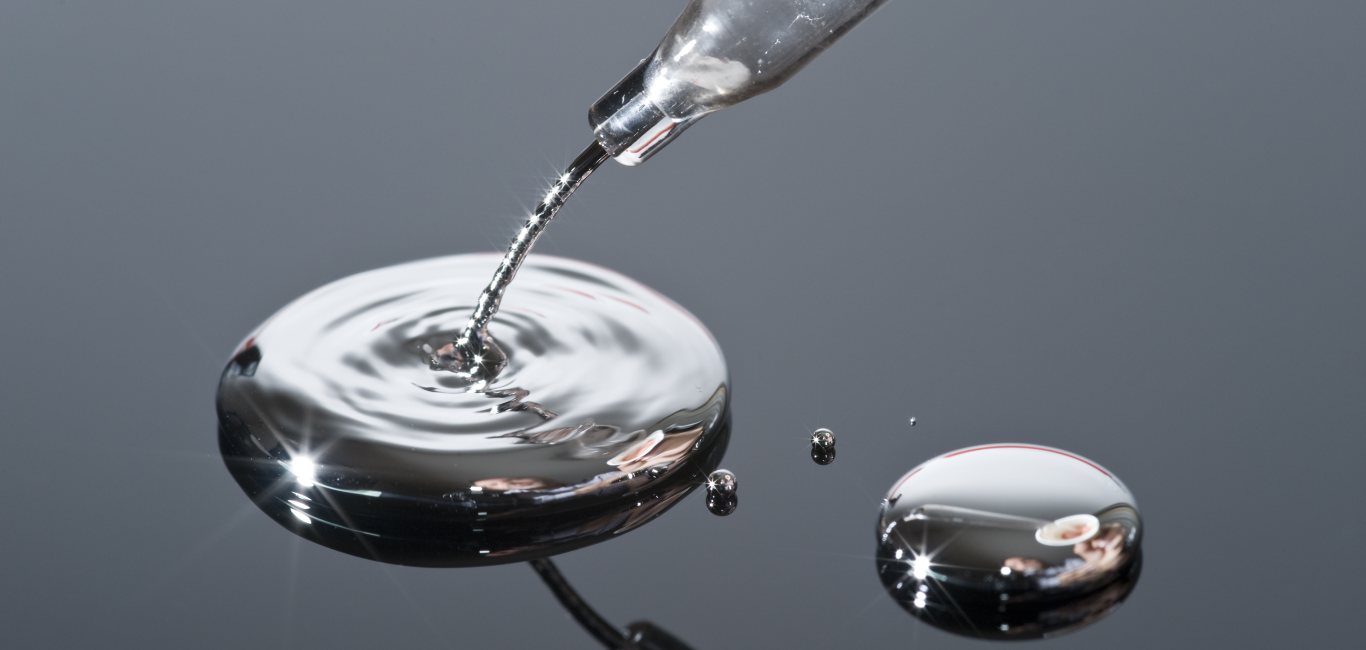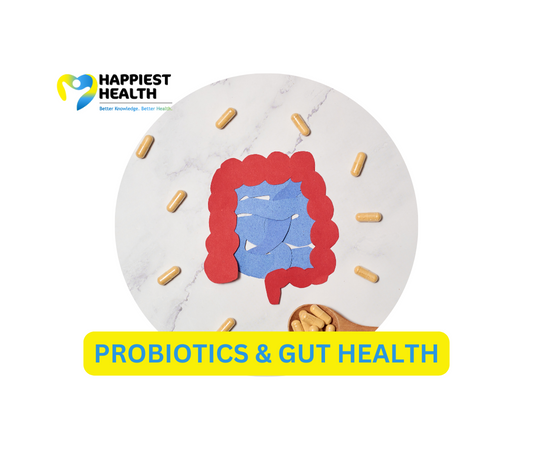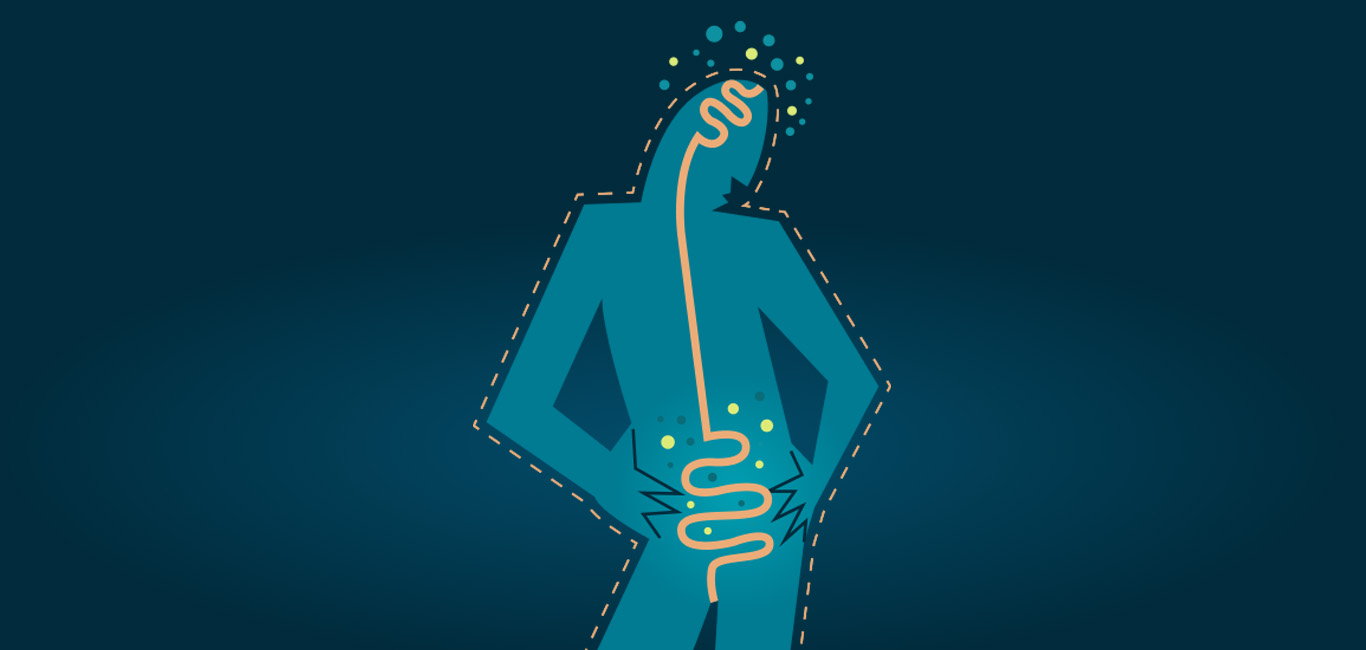
Scientists have developed a probiotic that could help break down methylmercury, a highly toxic compound that bioaccumulates in fish and shellfish, leading to potentially severe illness in humans who eat such foods.
“It accumulates in living things, in plants and fish,” says Daniela Betancurt-Anzola, a graduate student and lead author of the study at Penn State University. “We eat those things, and it accumulates in us” she says.
Mercury is a naturally occurring element found in the atmosphere and in the earth’s crust. But mercury can be released into the environment by human activities. After this, bacteria convert it into methylmercury.
The new study which was presented at an annual meeting of the American Society for Microbiology, shows that the harmful effects of the neurotoxin methylmercury could be avoided by harnessing microbes from the gut to block its absorption. These microbes are then genetically modified to break methylmercury down into a less toxic form.
Scientists suggest that this could be a potentially new avenue to prevent the bioaccumulation of mercury in human beings.
However, the newly developed probiotic must pass stringent regulatory guidelines as it contains genetically engineered bacteria. The Food and Drug Association (FDA) is yet to approve live engineered bacterial strains (which could include probiotics) for medicinal use.
Mercury and its toxic effect on health
The Environment Protection Agency estimates global mercury emissions from anthropogenic sources at approximately 2,220 metric tons per year. One of the biggest contributors are mining activities and coal-powered plants.
According to the World Health Organization (WHO) methylmercury is toxic to the central and peripheral nervous systems. Some of the most common symptoms of exposure to mercury include tremors, insomnia, memory loss, neuromuscular effects, headaches, and cognitive and motor dysfunction.
Due to the presence of methylmercury in shellfish and other animals, the neurotoxin has increasingly found its way into human bodies, making it a necessity to combat its ill-effects. As scientists better understand the role and potential of gut bacteria, there is hope that these microorganisms can break down the toxic chemical within the human body. Additionally, there are also some bacteria that contain genes which make them resistant to certain metals like mercury.
Insights from gut bacteria
By using metagenomic analysis, Betancurt-Anzola and her colleagues studied gene functions in gut bacteria and how they work when exposed to mercury. Then they created a probiotic comprising of strains of Lacticaseibacillus, a type of lactic acid bacteria. These strains were genetically modified by incorporating genes from Bacillus megaterium bacteria, known for their resistance to methylmercury.
“It’s a perfect probiotic for this because we have previously shown it works in humans, and now we are engineering it to make it even better,” Betancurt-Anzola said. “It is inside the gut, it grabs the methylmercury, then it goes out.” she adds.
The group is now looking to understand how the gut microbes interact with mercury. Once they do, they will be able to develop probiotics that not only reduce levels of mercury but also help in the absorption of other useful metals that could be helpful for the human body.
“We are interested in studying how the entire microbial community reacts to different metals,” concludes Betancurt-Anzola.

















